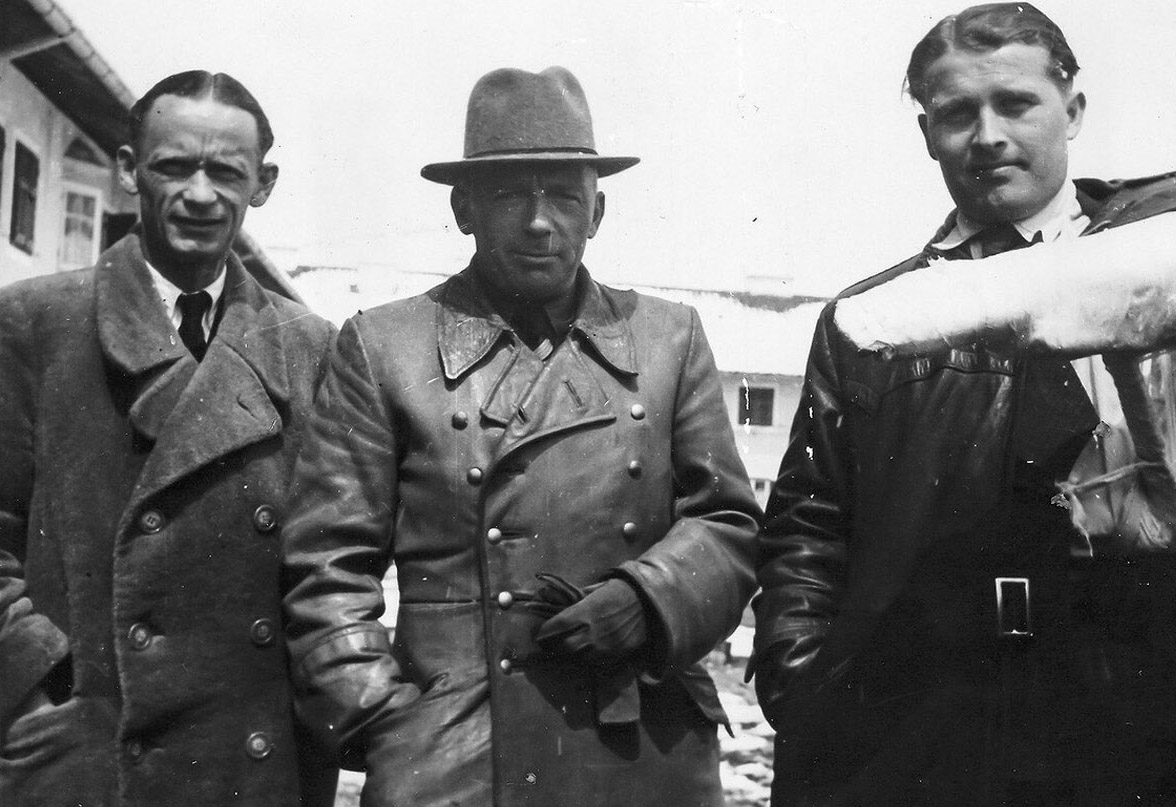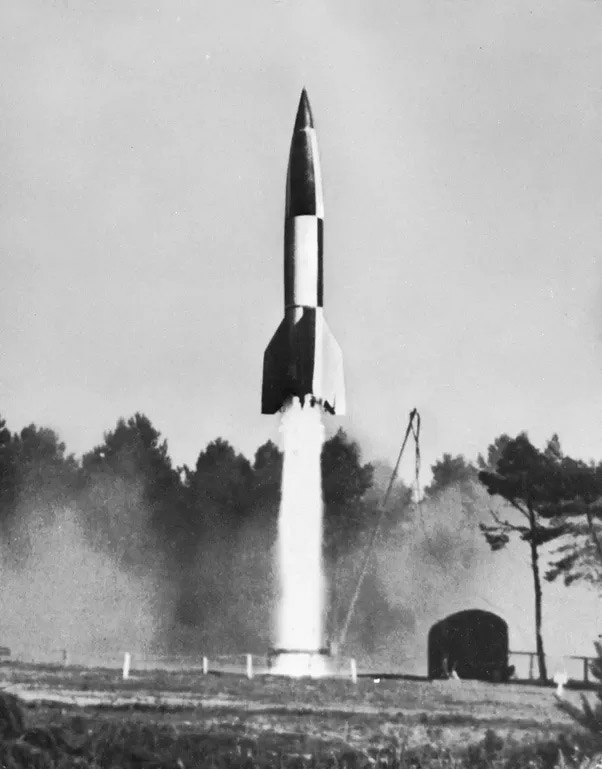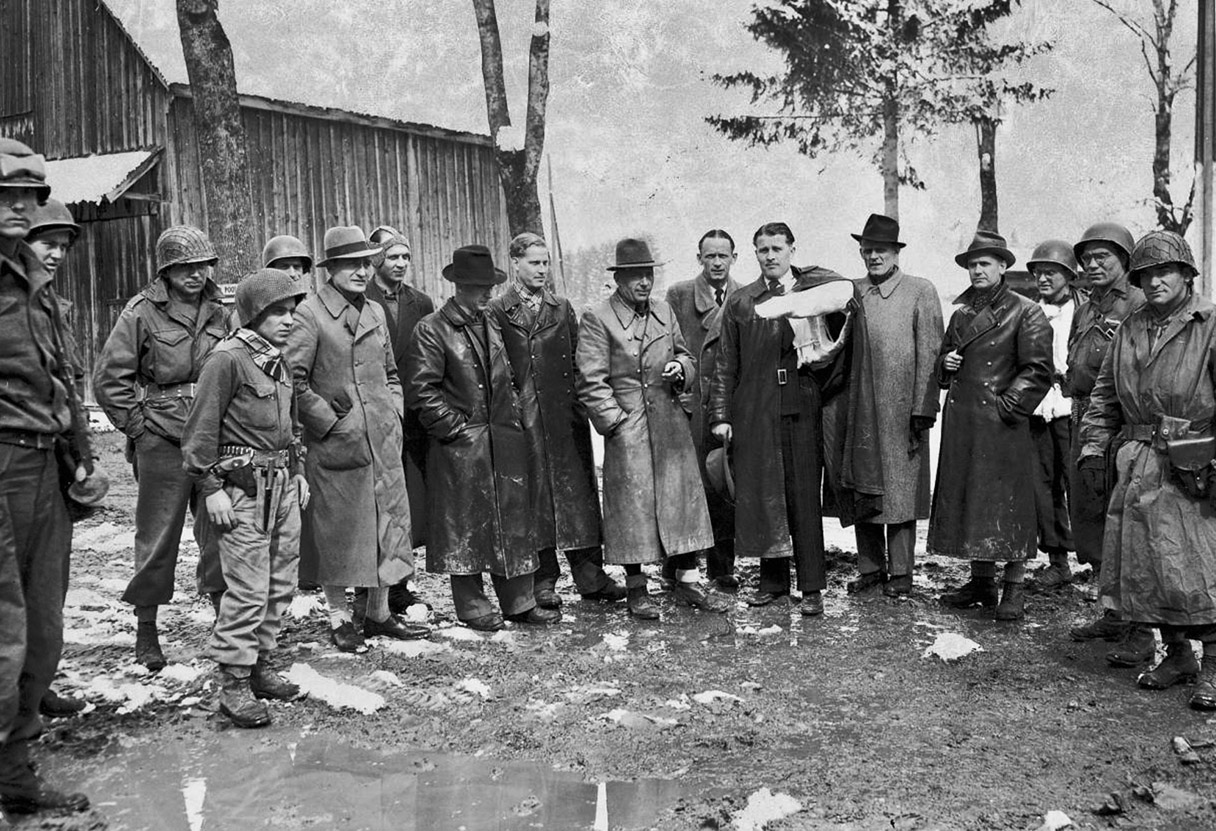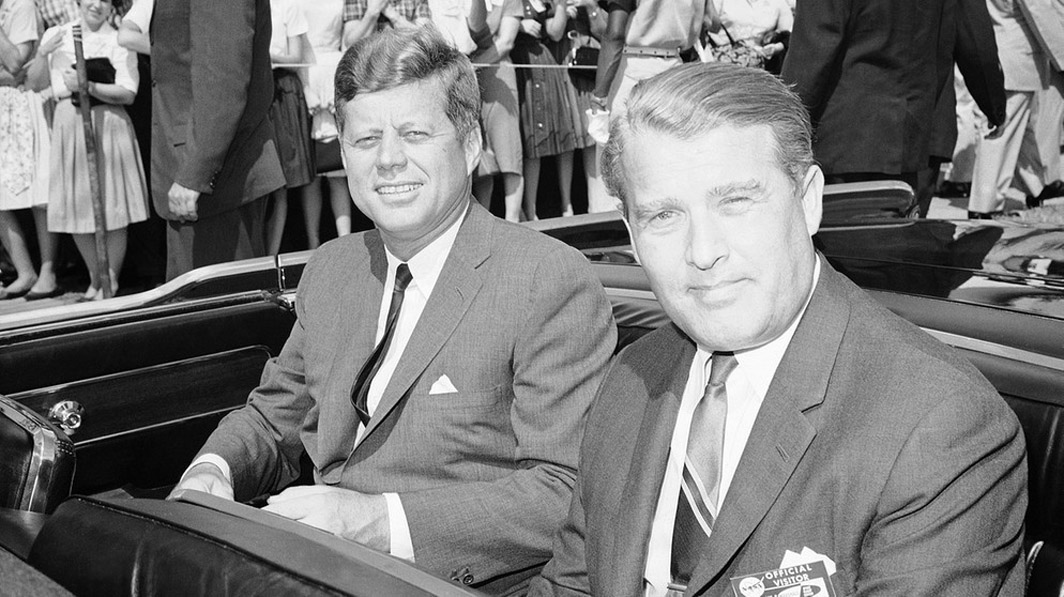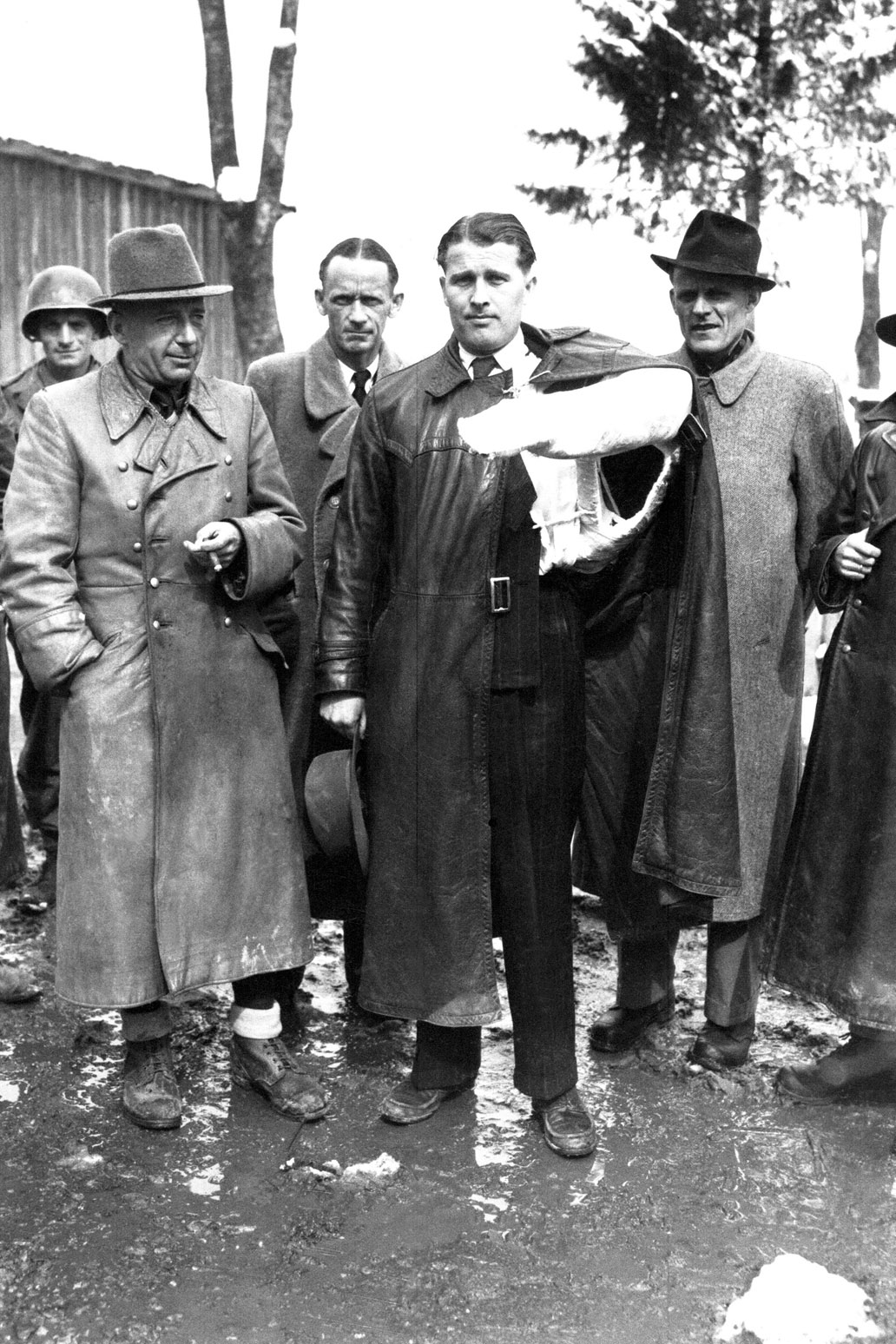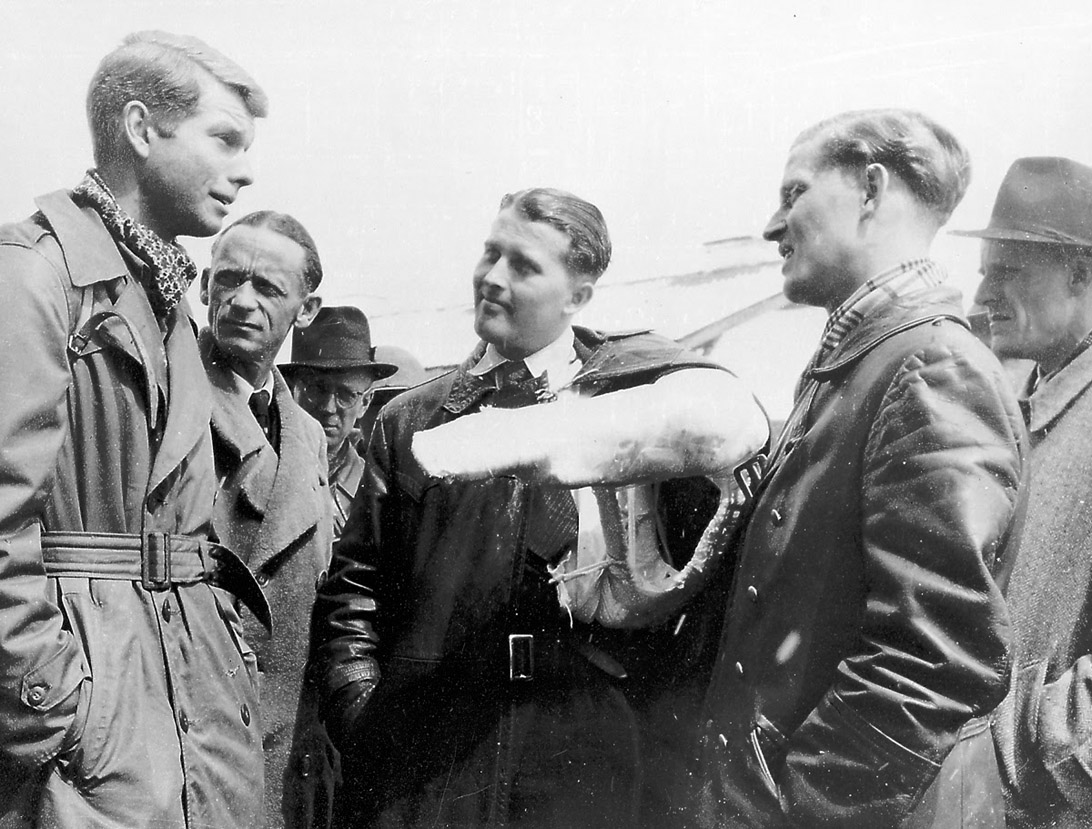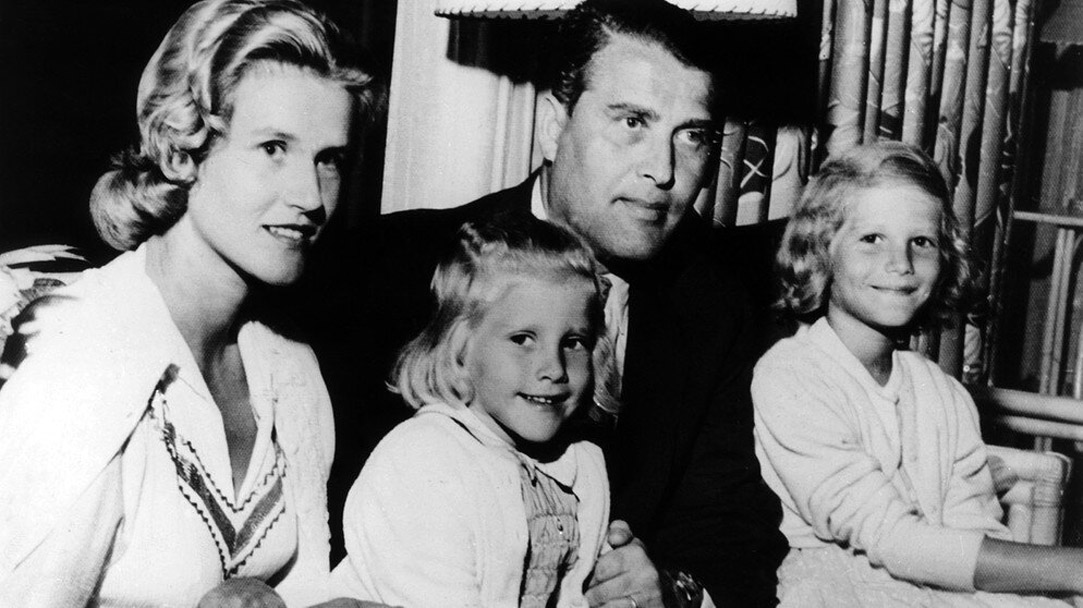Herbert: Well, I can not say fully, one must understand that war propaganda plays a very big role, even today, in how one views the war. Take for example how German soldiers were treated when captured by the enemy, the hatred stirred up by false propaganda caused the deaths of countless people.
I did not work with the camps so I do not know if the SS was doing those things. They showed us the photos and evidence that they claim make a good case. One issue I might speak about is the stories coming from the east where they claim many civilians were butchered. I know the war in the east was brutal, involving many ethnicities who hated each other.
Germany had many allies, which is not known outside of Germany. These allies wore German uniforms and equipment so any bad things they did were done in German uniforms. If, and I stress if, they committed crimes it would appear that Germans soldiers did it. I am told a nasty trick by the partisans was to dress in our uniforms and terrorize those who were friendly to us.
The Russians are the main ones feeding these stories to the west, so I would tell you to show caution in what you believe. I can share with you this personal experience that many of us had.
The Russians wanted us to be sent to them so they got people to say we committed war crimes so we would have to be deported according to treaties. The people wanted to please their new overlords so they agreed with or made up fanciful stories to keep sympathy on themselves and to remove any suspicion of being a sympathizer.
We had Ukrainians work on our farm, as most all German farmers were allowed to hire foreign workers. As crazy as it sounds, even prisoners were allowed to be sent to farmers, as there was a shortage of workers due to the war. The Hitler Youth even had a program where they would spend a summer helping out on farms to plant and tend the fields, they called it Land Year
[Landjahr-Ed.].
We treated our workers very well; they had good quarters, and could leave at anytime. They had to work, as that's what we paid them for, but after their work day, they could relax, read, hike, bicycle, or whatever. I know some were not paid, and were volunteers who were promised German citizenship if they completed so many months.
Today they are called slave workers, but this is not true, they were free to go. Only prisoners who were watched by old guards were the only ones who had no choice. I met some of them later on, and they reported no abuse to me at all. I was on Dornberger's staff and had to notate the treatment.
For what point would it benefit someone to abuse a worker he desperately needed, nay, you treat them kindly and take care of them. Abusing or killing would have been counter-productive and more work actually. Speer went to great lengths to lay out plans to get a larger labor pool, and to abuse this pool, or kill it would make no sense.
I even saw the SS treat these prisoners well; I saw no shoving, hitting, or verbal abuse. I can tell you I had no love for the SS, so that's saying something. It would be self-defeating to cause resentment of the prisoners, as they already disliked us as it was. There were many communists, resistance fighters, and anti-Nazis in these camps I am sure they were watched closely, but not abused.
When the close of the war was at hand, I do know in some areas prisoners revolted and attacked the guards. They were not given a second chance and shot, but this was a small group and did not happen widely. This is where some of the abuse stories come from, but if they revolted and attacked what choice was there for punishment?
Now after the war was over, the abuse allegations started, even against me later on. As I hypothesize, the people who were left under the occupation, especially Russians, wanted to present a face that they were oppressed, so they started to say we forced them to work, then abused them. This aided the Russians as they could then demand someone be sent over to them, and this is the true reason there was tension among their former allies.
They knew Germany possessed advanced technology and they wanted it. They figured if they started saying the Germans were guilty of abuses and killings in their zone, then the Allies had to turn us over. They did so for a short while until they realized what the game was. This is why the Paperclip operation was put into effect, to steal German scientists before Stalin could.
So I will tell you these people who say these things today against us are only telling one side of the coin. It is because they want to be seen as anti-Nazi and a victim at the same time. They do not want anyone to know they willingly worked for Germany and were treated quite correctly. It saddened us to hear that our workers turned on us, but what choice did they have? Admit to helping us and face resentment, or say we forced them to work and abused them, and receive sympathy.
One other point I will tell you, I was once by Leningrad, I can tell you everything was done to get the civilians out of the city. The goal was to get the city to surrender, but the political officers forced them to stay. This resulted in many civilian deaths but we kept trying to get a peaceful pause to help them, all were refused.
There were even pleas by the Red Cross to allow them out but their leaders shot down emissaries. I heard we even tried to trick them to give up by pretending being the commanders, which almost worked. We could not lift the siege as it would have endangered our lines, many civilians died who did not need to.
Do you think Germany could have won the war, and how?
Herbert: Well we almost did, so yes I do. I will tell you under the Nazis we had an explosion of genius. There were inventions that came out of that time that propelled the western world into the modern age. Medicine was the primary research up until the war. I would dare say if the war never happened we would have a cure for cancer and many chronic diseases.
It was Hitler's wish that Germany would lead the world in medical research and breakthroughs. Now it is America with German research. When the war started the research was focused on military matters. Germany developed weapons that were the envy of the enemy.
While they had their own super weapons, nothing came close to ours. We were on the verge of deploying guided missiles to bring down the bomber formations. We had night vision to fire at the enemy in the dark and hit them. We had sarin gas
[sarin is an extremely toxic nerve agent-Ed.]
, which if Hitler would have deployed, would have won in Normandy and broken Bagration
[Operation Bagration was the codename for the massive 1944 Soviet offensive-Ed.].
There were many secret weapon programs around us, but I did not have clearance to see them, I heard rumors about everything from super bombs, jet fighters, missiles, rockets, and sound waves. As I say, these propelled society into the modern times.
I know the SS tried to take over all the weapons research because they believed Hitler was too soft, and the army disloyal. There was this SS general named Kammler
[Hans Kammler was an SS-Obergruppenführer responsible for civil engineering projects and its top secret weapons programs-Ed.]
who was in effect our boss. He was given the highest level of authority in 1944 and armies were moved to protect the bases where he was overseeing research. There was said to be a wonder bomb that would win the war.
I know this is the atom bomb and it was never able to be used due to the delays of delivery methods. Some of the research that was ongoing should have been done far earlier but a terrible mistake Hitler made was thinking peace could be made early on and shelved many projects until 1943.

